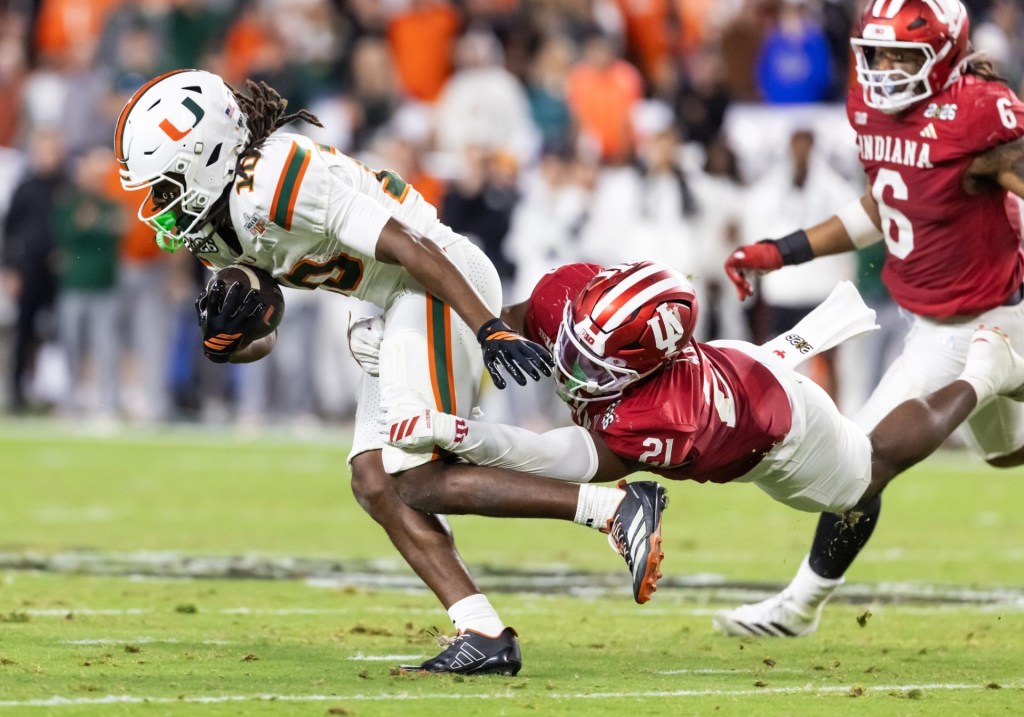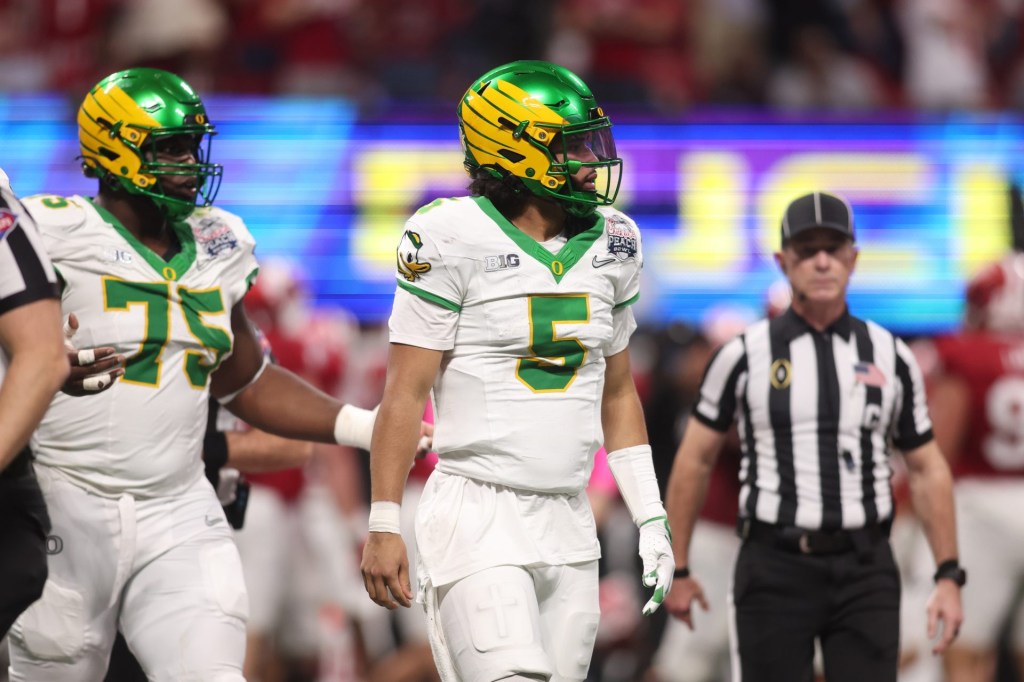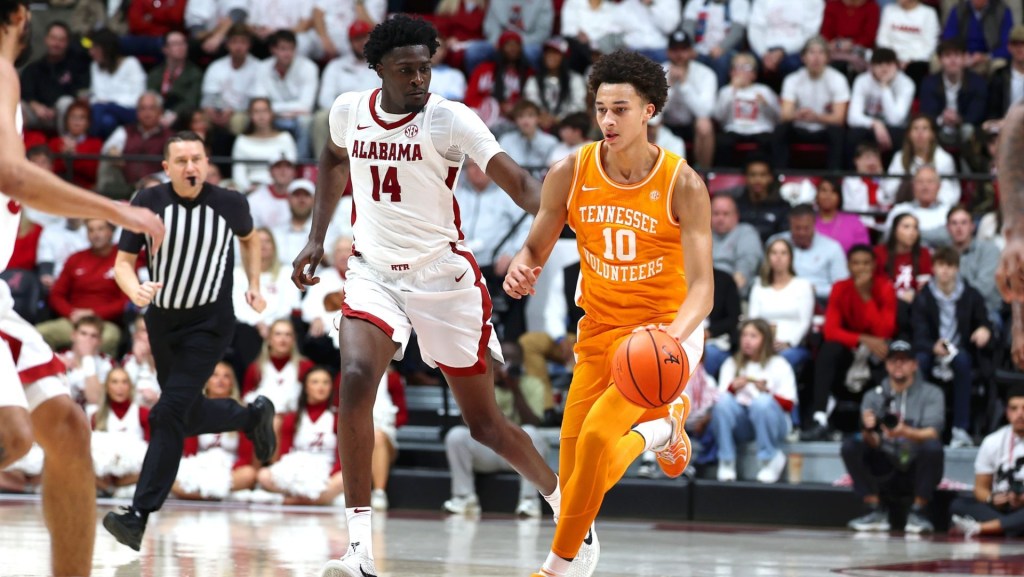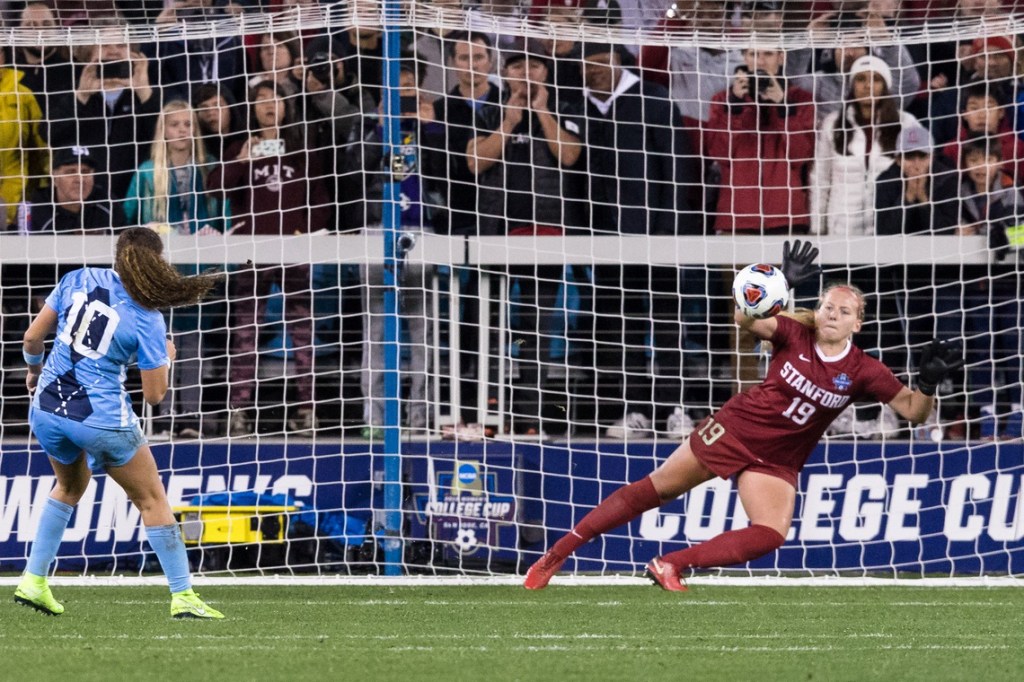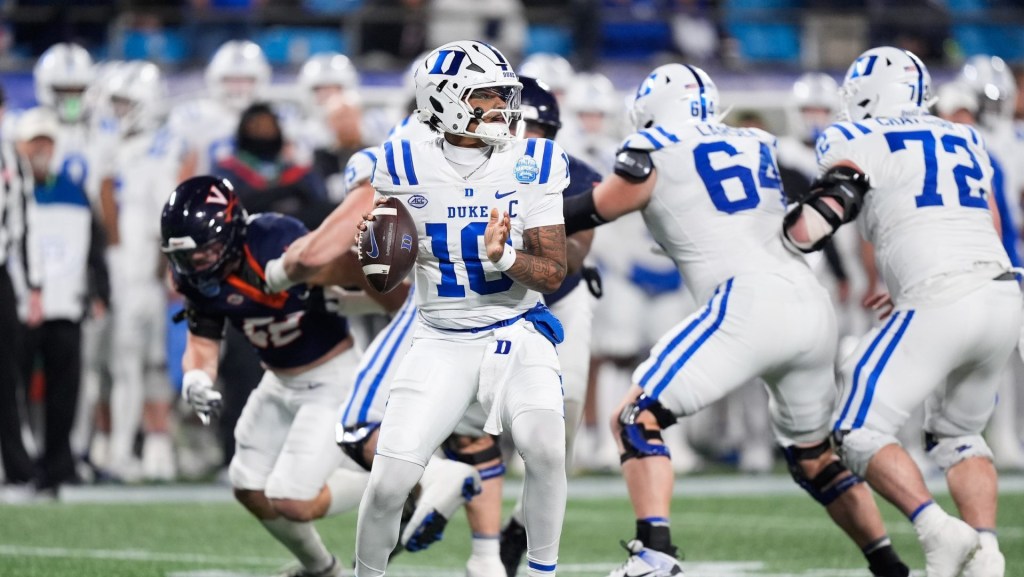Six months after UCLA announced its intention to join the Big Ten, the decision is finally official.
The UC Regents — a 26-member board that governs all UC schools — decided during a special meeting on Wednesday that it will not block UCLA from joining the Big Ten. The vote was 11-5.
But there is a potential caveat: After the Pac-12’s newest media deal is final, the regents could mandate UCLA to pay UC Berkeley a subsidy of $2 million to $10 million.
Regents have been deliberating since shortly after UCLA announced it would join the Big Ten in 2024, along with USC. They had planned to hand down a ruling in mid-November but postponed their final decision until Wednesday’s meeting in order to have time to consider additional research.
The decision will allow a conference move that will have a broad ripple effect across the Power 5 landscape.
UCLA will now face a major financial boon — it expects to earn up to $70 million annually from the Big Ten’s new mid-$7 billion media rights contract, the largest conference-wide agreement in all of college sports. The school will also receive elevated exposure in its new conference.
The move could have a negative impact on athletes by increasing travel times and could make academic, mental, and physical health more difficult to maintain.
- For these reasons, the National College Players Association — led by former UCLA football player and longtime athlete advocate Ramogi Huma — came out against the conference move.
- And a survey of 111 UCLA athletes found that only 35% supported it, though the majority of athletes didn’t express an opinion.
To offset these issues, UCLA claims it will use up to $10 million of the extra funds each year. The regents made recommendations for improving the athlete experience.
As a whole, the Pac-12 could lose value as it negotiates its new media rights contract. A previous UC Regents report estimated each school could lose $9.8 million in media rights value without USC, and $3.25 without UCLA. (Though it’s important to note that these numbers, compiled and presented to the Regents, were based on external media sources rather than an internal analysis).
This could cause UC Berkeley to lose money — the body decided to create a potential subsidy to cover the lost revenue.











